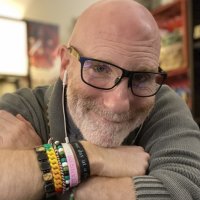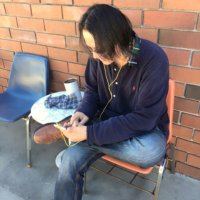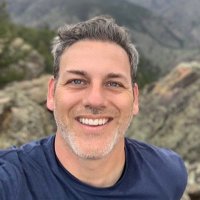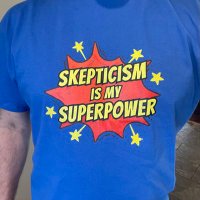
Carla Keirns
@carlakeirns
physician working in history of medicine, medical sociology, health policy, disability studies, bioethics and palliative care. Opinions my own
ID: 2148024696
21-10-2013 23:58:49
10,10K Tweet
1,1K Followers
4,4K Following




















#hello I'm Dr Kirsty 🏳️🌈 Rick Pescatore, D.O. #hello my name is Ross Dennis Ren Thinking Is Power SAEM EBM IG Here is a lecture for Western University Schulich WesternU Dept Family Medicine from 4 years ago. How To Think - Not What To Think youtube.com/watch?v=5DxJFG…

